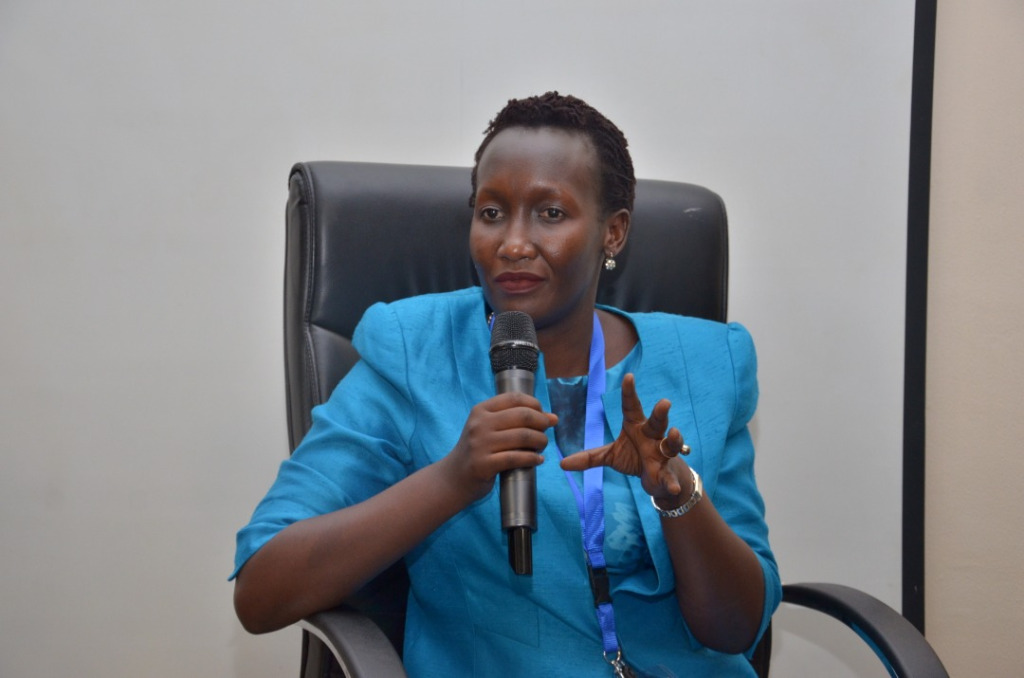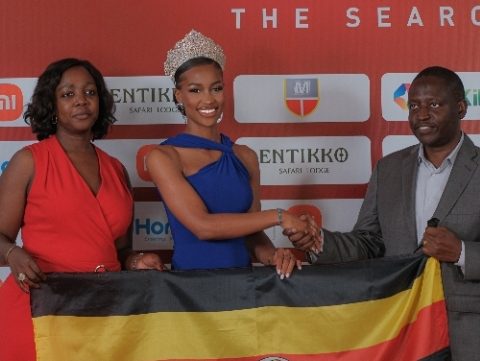A city lawyer is demanding that Pay-TV big cats DStv, GOtv and StarTimes be belled and compelled to cease charging free-to-air local stations on their platforms.
Mr Julius Paul Ikanza Muliko, of Muliko and Co. Advocates, has put the Uganda Communications Commission (UCC) on notice “In line with the Access to Information Act and the Digital Migration Policy,” demanding the regulator to ensure that all subscriptions on free-to-air (FTA) content on digital Pay-TV platforms are scrapped.
Ideally, FTA is like the name itself – free. And while the main purpose of the Digital Migration Policy was to make all local TV channels free on all digital, terrestrial and satellite platforms to allow citizens access to all the relevant information, it has instead deprived citizens the enjoyment of the same.
“UCC has failed in its mandate to effectively regulate the operations of the service providers, which has subsequently resulted in many violations of consumer rights of Ugandans,” Mr Muliko says in his March 6 notice.
The notice, copied to the Prime Minister, ICT and National Guidance minister, chairperson of the ICT Committee of Parliament, and the National Association of Broadcasters, warns of a legal recourse if UCC fails to respond to Mr Muliko’s demands.
“Your failure to heed to the above demands within 14 days from the date of receipt of this letter shall leave our client with no other option but to seek legal redress against all illegal actions by the service providers and inactions by the regulator,” it says.
The drastic decision follows public outcry after Multichoice Uganda, the proprietors of DStv and GOtv, increased subscription for packages for the second time in barely six months.
The increment of between 7 and 9 percent lifted Uganda into the second-most expensive country to watch TV from in the region – after Rwanda.
In the new rates that take effect April 1, Premium package will take subscribers back by Shs275,000, up from Shs255,000. GOtv Supa will go up by Shs7,000 from Shs58,000, while the lowest package will be Shs15,000.
Subscribers in Nigeria, DStv’s biggest market by share capital, pay at least Shs106,000 less to access channels on Premium package.
In South Africa, Premium is the equivalent of Shs1171,000, Shs258,000 in Kenya, and Shs245,000 in Tanzania, but a whopping Shs385,000 in Rwanda.
StarTimes charges between Shs13,500 and Shs58,000 per month.
“The rise is due to costs of doing business such as the cost of running and maintaining a satellite, the equipment used and content acquisition itself,” Mr Rinaldi Jamugisa, the DStv Uganda public relations and communications manager, said.
Pay-TV subscriptions are determined by several factors, including foreign exchange (US Dollar) and market share value where the more the subscribers in a country, the lower the rate.
“The excessive subscription charges by Multichoice Uganda should be investigated and appropriate actions taken,” Mr Muliko said.
The challenge is that “free-to-air” does not appear anywhere in the digital migration policy or the UCC Act to begin with. Before 2015, TV was analogue. Just owning a set and an antenna was enough to get signal for local channels.
Digital migration disrupted everything – painfully for the consumers and sweetly for the Pay-TVs.
Ms Irene Kaggwa, UCC executive director, said national broadcaster UBC (through its digital signal distributor partner Signet) but that several local channels have a hybrid model which are free to view on Signet but not on Pay-TV.
![]()




























